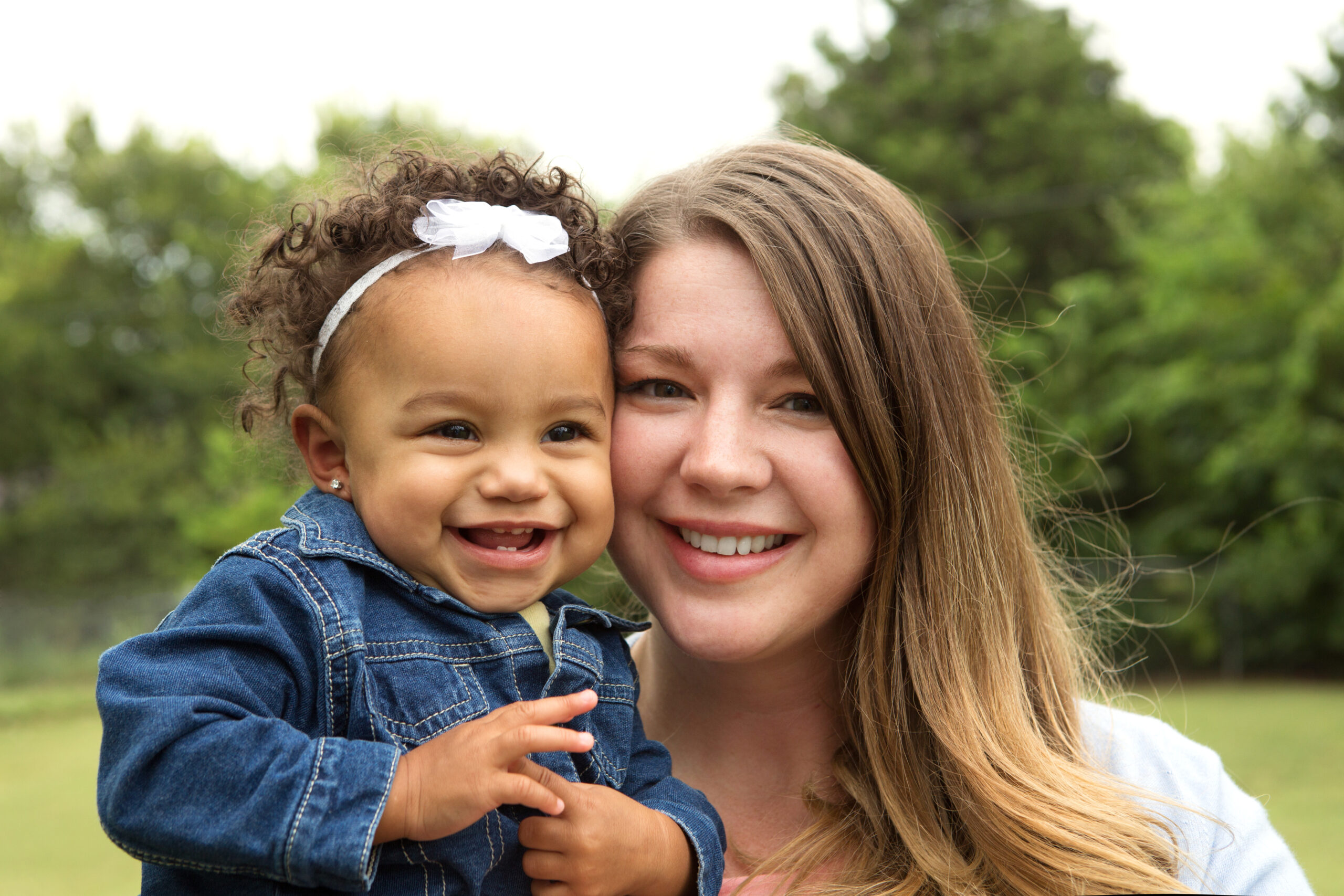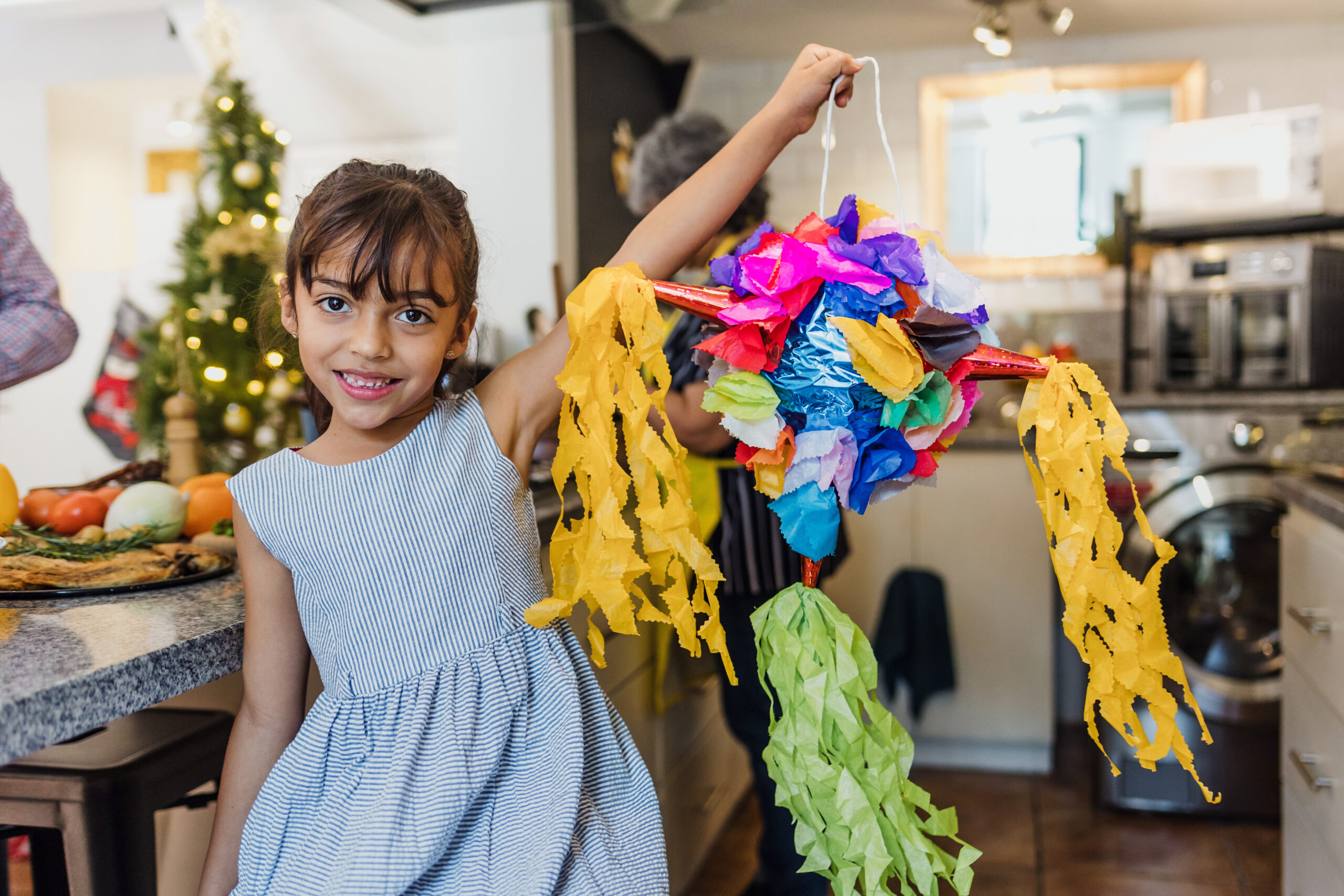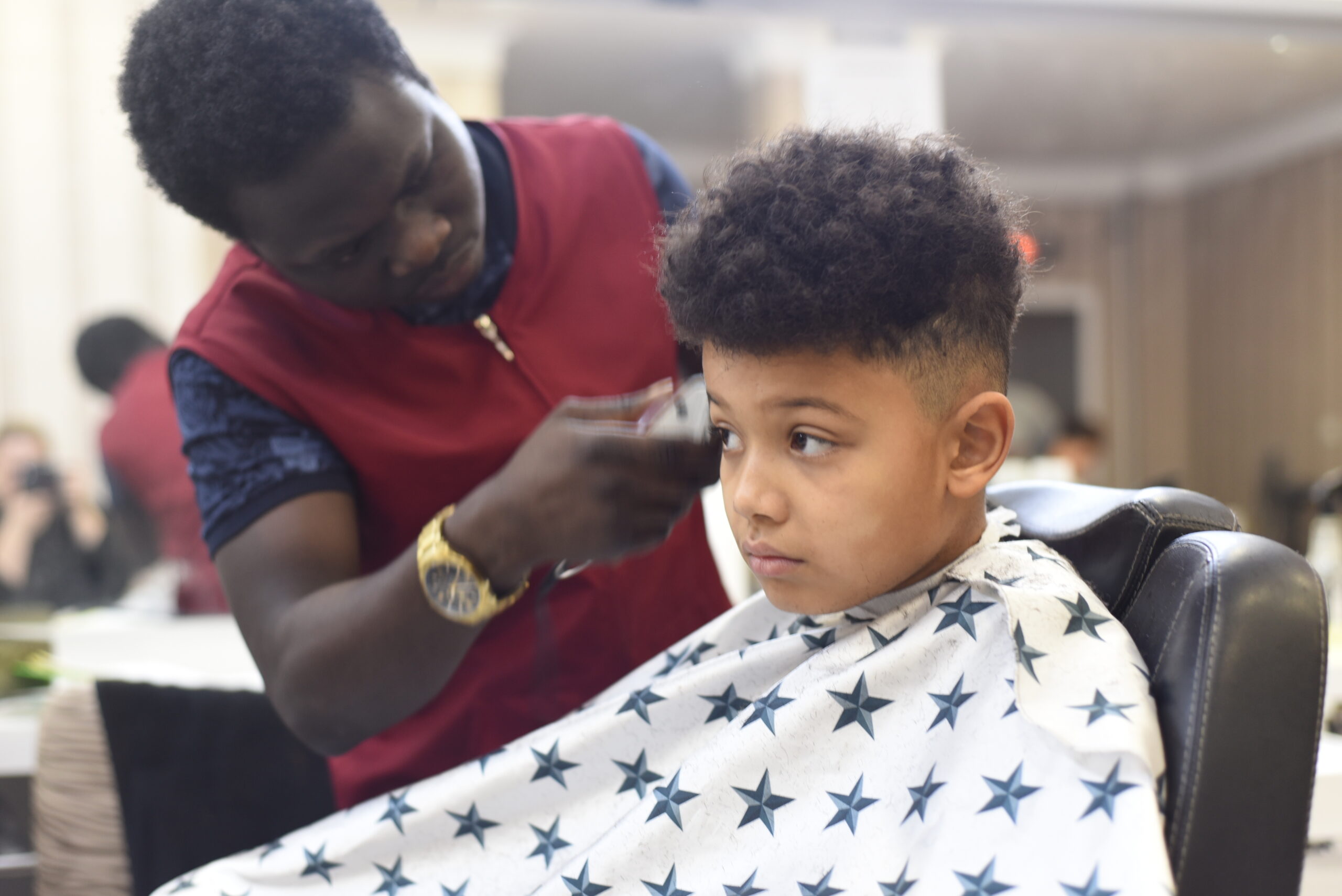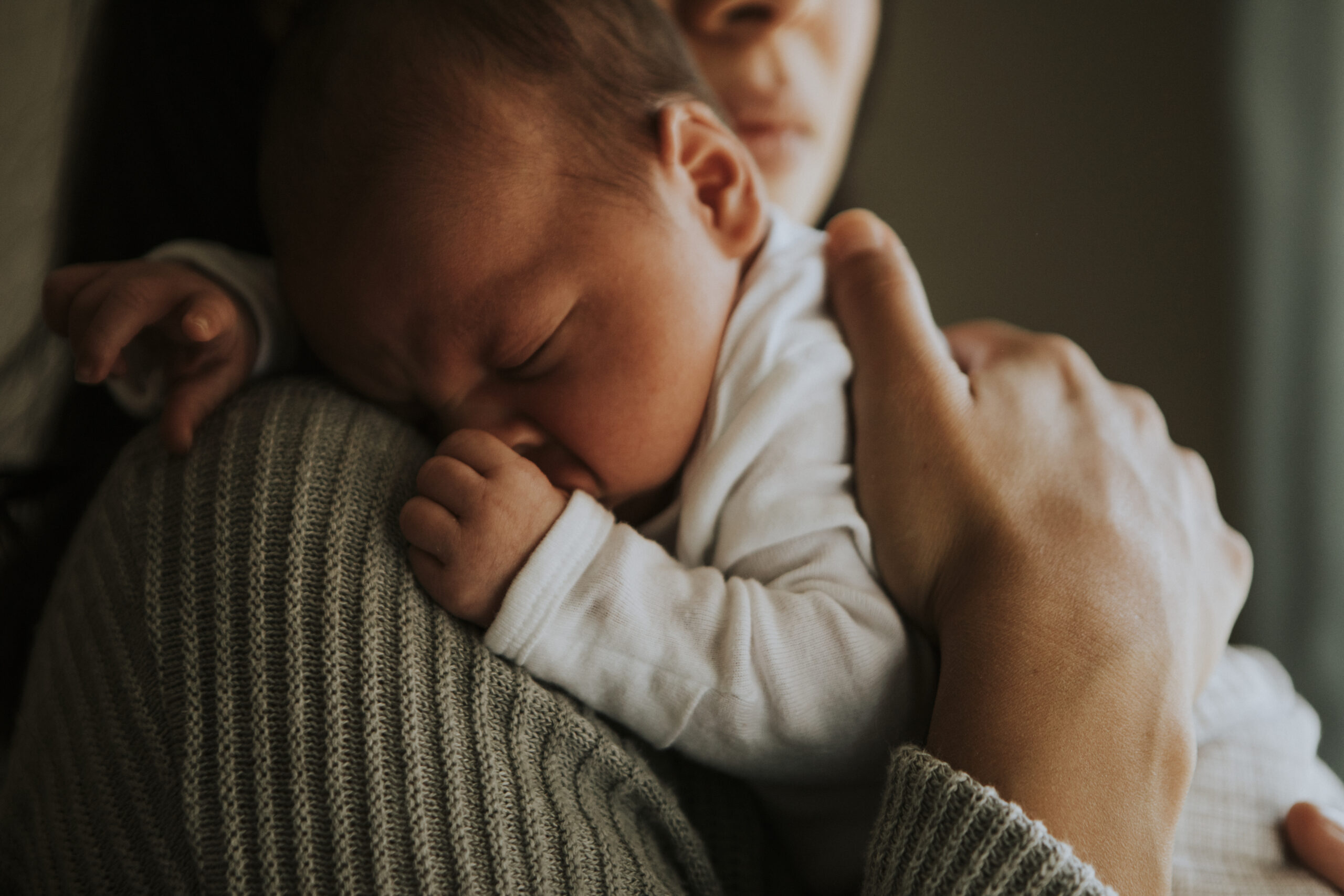.√ Cultural awareness and appreciation. Commit to continuous learning about and celebrating your child’s birth culture and heritage.
√ Normalize your child’s culture at home. Fill your home with toys, books, movies, and music that authentically reflect the child’s heritage.
√ Prioritize cultural experiences. Attend multicultural events, eat at ethnic restaurants, and shop from brands that support your child’s cultural community.
√ Seek out culturally relevant professionals. When selecting hair stylists, medical providers, daycares, faith communities, schools, and extracurricular activities, prioritize those who share, understand, and/or value your child’s cultural background and can support cultural identity.
√ Build a cultural community. Look for mentors who share your child’s cultural background and build friendships with families who share similar heritage as your child or who understand the nuances of transracial adoption.
√ Become an expert in your child’s care. If your child’s hair needs special care or styling, dedicate time to learning from professionals or practicing with tutorial videos online.
√ Learn about challenges common to your child’s cultural community. Educate yourself about racism, discrimination, micro-aggressions, and other challenges your child may face as they grow older. Find age-appropriate ways to teach them how to respond when they experience negative comments or attitudes.
√ Look to the birth family for cultural support. Nurturing a positive post-adoption relationship with the birth family can be a valuable source of information and connection to the child’s heritage.
√ Seek professional help. LFCS offers a variety of adoption services for families. Consider expert guidance from our counselors and therapists.
Expanding Adoption Opportunities: A Call for Diverse Families
In addition, to ensure that expectant and birth parents have a diverse pool of families to consider when making an adoption plan, LFCS is currently welcoming adoptive families, with a special emphasis on African American and Hispanic families, to help meet the needs of children in our community. If you are interested in learning more, please contact us for more information about the adoption process and available support services. For information about LFCS’s adoption services, call 866-326-LFCS or email [email protected].









